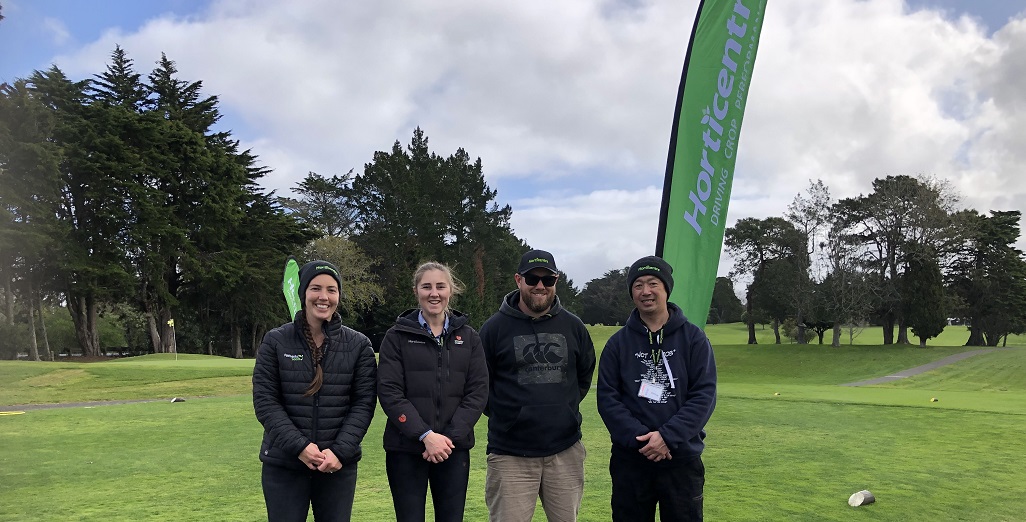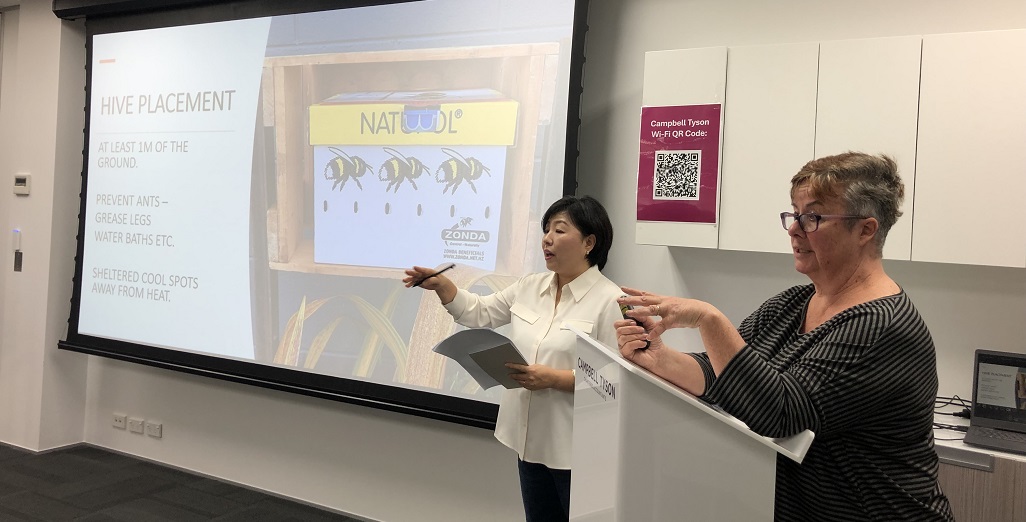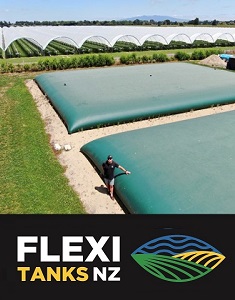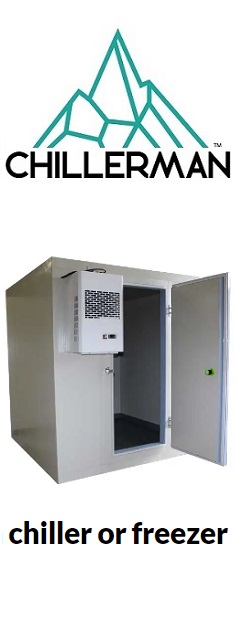Sign up here to subscribe to the Grower2grower Ezine. Every two weeks you will receive new articles, specific to the protected cropping industry, informing you of industry news and events straight to your inbox.
Jul 2019
Fieldays Report

The Land Grab
This year I attended Fieldays at Mystery Creek, on the outskirts of Hamilton, New Zealand. I was in the Bank of New Zealand (BNZ) tent as one of their partners. This may not seem a tremendously big deal but in fact I think it is. The greenhouse or protected cropping industry is on the radar and is starting to be seen as a growth industry. I already believe it is. There is enormous possibilities and potential for this industry to follow in the footsteps of our Dutch and Belgium counterparts. Now, my enthusiasm needs to be tempered, I know anything can be grown in a greenhouse but first there has to be a viable economic business case. For example, would we grow carrots in a commercial greenhouse, probably not at this point of time.
Dairy:
The conversations I had with dairy farmers were particularly interesting. Being inquisitive I was interested in the general opinions of the farmers, who appeared subdued this Fieldays. The general consensus, I picked up from them, was they are tired of constantly facing a barrage from the media about ‘polluting the earth single handily’. As one farmer said “it is very few farmers tarnishing us, but most of us are responsible farmers” On top of that they have been informed they need to reduce, or not increase, their level of debt after several years of fairly average returns and ever-increasing tightening of Reserve Bank policy/regulations. Two separate farmers told me they couldn’t borrow more money to purchase cows. It’s going to be hard for them to make money if they don’t have cows to milk. No wonder tractor sales were down. However, it is not all doom and gloom but a process the dairy industry has to work through, these farmers are resilient and are still the back bone of the economy. As I heard, on more than one occasion, if there was to be an outbreak of foot and mouth then certainly this country’s economy would have some very large hurdles to overcome. In other words, these guys are significantly important.
Horticulture and Forestry:
Despite the issues for dairy farmers there was positivity from other sectors. The outdoor horticulture industry is growing fast (How much more good land do we need for kiwifruit, avocado, apples, pears, onions, potatoes, kumara, squash, sweetcorn, carrots, leeks, blueberries, strawberries, oranges, blackberries, feijoa, watermelons, wheat, should I keep going?). If you read the following article link https://www.rnz.co.nz/news/national/392787/will-climate-change-bring-banana-crops-to-nz It states that from the 16 million hectares farmed in this country that 120,000 hectares is in crops. What it doesn’t say is what type of land is being used for each. Forestry is on the rise, thanks to the billion trees programme, and if you divide one billion trees by 1400 trees per hectare, the highest recommended planting rate, you come up with a rather large figure! You do the math. Milking goats and sheep is becoming more popular. The threat to the dairy industry is not being able to maintain production, they have an expectation of how much milk they process and can therefore guarantee supply and volume to their markets.
I spent some time talking with representatives of the Manuka honey industry, they are looking for land to plant new plantations of Manuka trees! So, in all honesty I believe the dairy, sheep and beef industry is coming under pressure from competition for pastural land for alternate animal use, horticulture, viticulture, forestry, honey etc, the list continues and so does the land grab. You can bet your bottom dollar the large Dairy Corporations and Dairy NZ as well as meat suppliers are well aware of this.
Protected Cropping: (Greenhouse’s)
A piece of commentary that resonated with me at Fieldays, depicted that in the 70’s and 80’s farming industries were producing products the world didn’t really want. International markets would take our products but for low returns, fast forward 40 years, and now NZ produced primary products are amongst the most desirable, highly sort after in the world. What is apparent is NZ has what other countries don’t have, which is lots of water and a good climate, which gives us our competitive growing advantage. The disadvantage is the distance. With all the potential growth in our horticulture industry we must be mindful that the world is intensifying the production of their own industries by using protected cropping. This is why I see such an important role in NZ for the continued growth of our very own protected cropping industry and bringing crops into structures that will both increase production, from less area, use water storage and irrigation much more efficiently and use our untapped heating resources, geothermal, bio fuels (cows) and woodchip. In fact I believe that we need to understand how best we could work with the Dairy industry to sustain their market size and help make farmers more profitable with alternate land use including greenhouse diversification that does not use huge amounts of land.
I had discussion with a company who supply herd homes/feed pad systems for cows where the effluent is collected and used for fertiliser. There was a lot of crap collected and I’m thinking a lot of methane going to waste. I asked if it was possible for cows to be kept indoors permanently to collect 100% of the effluent. However, it was pointed out to me that animal activists would think this is cruel and that a happy cow is one that chooses to live outside. I beg to differ or offer a different opinion in that perhaps we let the animal decide. I know if I was a cow I would want to be inside in the winter and outside on nice spring and autumn days and possibly in a nice air-conditioned space during those hot summer days. The idea is to collect as much effluent as possible and not have the cows pooing outside and to INCREASE milk production. I know from growing up on a dairy farm that cows, that are cold and wet, use more energy and produce less milk on those days then when it is warmer. Basically, keep a cow warm make it walk less and it will produce more. By reducing cows pugging paddocks then grass growth and recovery is also going to be better resulting in higher silage and hay production per ha. Some farmers have land that only animals can graze and not tractors but that’s their disadvantage. Goat farmers are already housing goats and only using machinery to collect their greens!
Eye opener:
I was informed of a stand displaying bio-digesters which were turning methane into electricity. It is already happening in Australia. The German company would not be at Fieldays if they did not think there were possible opportunities for this in NZ. One greenhouse grower in NZ already uses a green waste landfill to heat over four hectares of greenhouse, using methane produced from the green waste, this gives that grower a huge competitive advantage. Energy is a big cost and drawback for many growers but if you have an untapped resource that can produce, Electricity, CO2, Heating and with the use of Cogeneration boilers, then I say to the farmers start the discussion around its potential and possibilities.
Economy:
The message was our growth is slowing but still positive at plus 2%, and unless there are major events in the world we are in a good spot. Labour availability is an ongoing issue, therefore robotics and new technology advancements will definitely become more appealing and necessary. Especially if we need to harvest 2 or 3 times more Kiwifruit each year! This will create high valued employment and skills.
Sustainability
Sustainability is about being smart and using our current resources to produce competitive profitable food which will increase this countries prosperity. The greenhouse industry, which I unreservedly continue to promote (not just because it is my work and passion) can make the best case for the most sustainable of growing environments. Which must be taken seriously.
My advice, let’s work together.
Check out these related links below.
https://www.forestenterprises.co.nz/wp-content/uploads/2018/02/GuidetoForestry.pdf
https://www.rnz.co.nz/news/national/392787/will-climate-change-bring-banana-crops-to-nz
Tony Alexander – BNZ Chief Economist kept the public updated throughout the Fieldays with his view on the current state of the economy.
Great to see Horticulture being promoted.
I appreciate your comments. Please feel free to comment below or on the grower2grower Facebook page:
https://www.facebook.com/StefanGrower2grower/
Article Written by Stefan Vogrincic, Consultant, Grower2Grower
Article Edited by Marie Vogrincic, Editor, Grower2Grower
CLASSIFIED
Subscribe to our E-Zine
More
From This Category

Horticentre named as Platinum Sponsor for 2024 Grower2Grower Golf Day

Grower2Grower Golf Tournament – Secure your team entry today!

Workshop for Auckland’s Korean tomato growers held last week

TomatoesNZ invites all covered crop growers to our Mini Conference

Ticket shop now open for ASIA FRUIT LOGISTICA

























